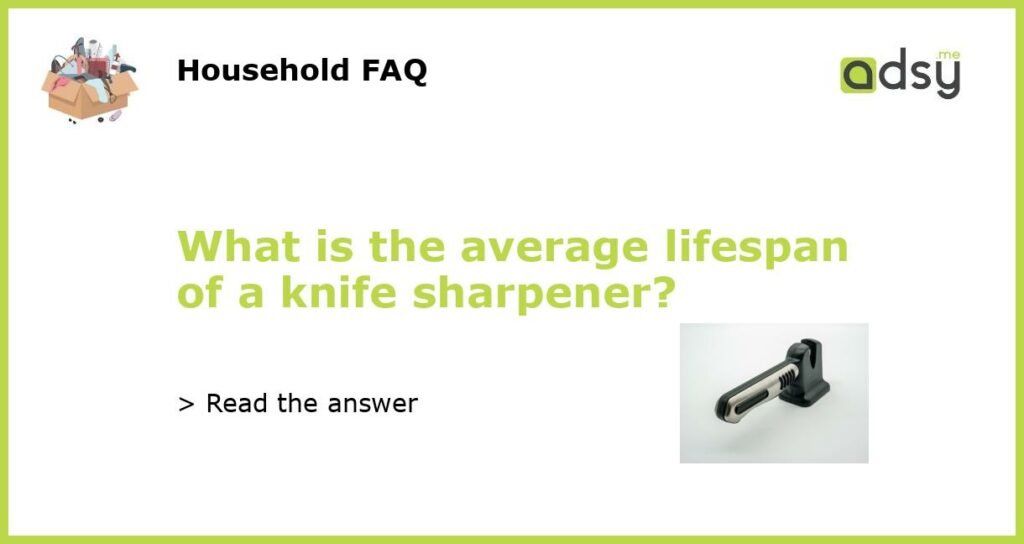The Importance of Knife Sharpening
For any cooking enthusiast, having a sharp knife is paramount to maximizing efficiency in the kitchen. That’s where knife sharpeners come in: electric or manual devices designed to hone knife blades to a fine edge. But how long can you expect your trusty sharpener to last?
Factors Affecting Lifespan
The lifespan of a knife sharpener can vary depending on a number of factors. Firstly, the build quality of the sharpener itself can be a significant factor. Cheaper models may use lower quality materials that can wear down or break more easily. Secondly, frequency of use can impact the lifespan of a sharpener. Using a sharpener every day will likely wear it down faster than using it only a few times a month.
Electric vs Manual
Both electric and manual sharpeners have their pros and cons when it comes to lifespan. Manual sharpeners tend to be more durable, as they have fewer moving parts that can break or wear down. While electric sharpeners may have more parts, they can often sharpen knives more quickly and efficiently. However, if an electric sharpener does break down, replacing it may be more expensive and time-consuming than a manual sharpener.
General Lifespan Estimates
Given the various factors at play, it can be difficult to pinpoint an exact lifespan for a knife sharpener. However, with proper care and maintenance, a well-made sharpener can last anywhere from a few months to several years. Some high-end models even come with lifetime guarantees.
Maintaining Your Knife Sharpener
To extend your sharpener’s lifespan, it’s essential to clean and maintain it regularly. Electric sharpeners should be unplugged and wiped down after each use, while manual sharpeners should be disassembled and cleaned thoroughly. Be sure to follow the manufacturer’s instructions for sharpening angles and techniques, as incorrect use can damage the sharpener and your knives.






